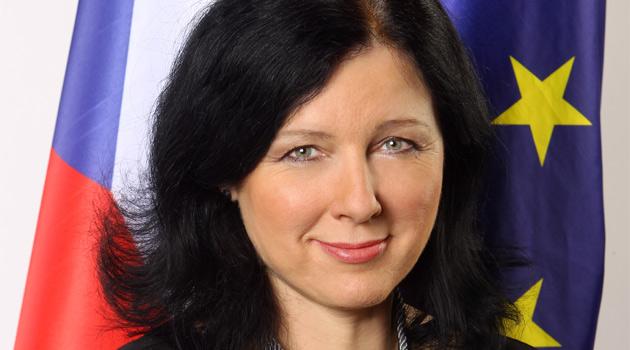The European Commission (EC) has presented its proposal for the new form of the funds to support the European Union’s social dimension after 2020. The main fund is the European Social Fund Plus (ESF+), through which, between 2021 and 2027, the EC is planning to allocate EUR 101.2 billion.
Member States will co-decide how to distribute the vast majority of those finances and will have to aim at least one-fourth of their own allocated portions at supporting social inclusion. The ESF+ is, along with the European Globalisation Adjustment Fund (EGAF) to which the EC proposes allocating 1.6 billion, is intended for investment that will aid people in the EU with acquiring the correct skills to deal with changes and problems on the labor market.
The European Commissioner for Employment, Social Affairs, Skills and Labor Mobility, Marianne Thyssen, noted on 31 May that currently people with the right knowledge and skills are required on the labor market in order to withstand global competition. “We also need modern systems of social protection, though, that correspond to new forms of work and an aging population. We must demonstrate solidarity with the vulnerable, with those who have little, and with the migrants who are entitled to remain here. That is what makes us human,” she said.
Member States with a high proportion of unemployed youth will have to allocate at least one-tenth of the funding from the ESF+ to supporting youth employment. At least one-fourth will have to be aimed at measures supporting social inclusion, targeting persons most in need.
The EC’s proposal expressly mentions disadvantaged groups as those that are economically inactive, long unemployed, children, marginalized communities such as Romani communities, the very most impoverished persons, and those who are citizens of countries from outside the EU. One of the tasks of the ESF+ will also be to support the inclusion of citizens from other countries who are legally resident in the EU.
ESF+ will also augment the resources of the Asylum, Migration and Integration Fund, from which short-term measures are primarily financed. The EC is also hoping ESF+ will involve simpler administration, reporting and disbursal of money, as well as closer ties with the so-called European Semester.
Member States will be able to allocate more money to implement the recommendations made to them by the EC annually. That is meant to ensure that the fund’s investments will reach the areas the EC perceives as crucial in any given country.
The EGAF is awaiting changes according to the EC’s latest proposals in order to become more effectively connected with the support of employees who have lost their jobs. Until now such persons were able to access such support only if they had been let go as a consequence of changes in the structure of trade or as a result of the economic and financial crisis.
People who have been let go will now be entitled to support also as a result of restructuralization layoffs that happen for other reasons, such as automatization and digitalization, taking into consideration new situations on the labor market. There will also be a reduction to the number of persons required to have been laid off in a particular industry in order to qualify for support, from layoffs on the scale of 500 to just 250 persons.
Last but not least, the degree of co-financing for the EGAF, which currently is 60 %, will be balanced by a greater level of co-financing from the ESF+ itself to any given Member State. In some cases the EU will co-finance a higher proportion of overall costs.

